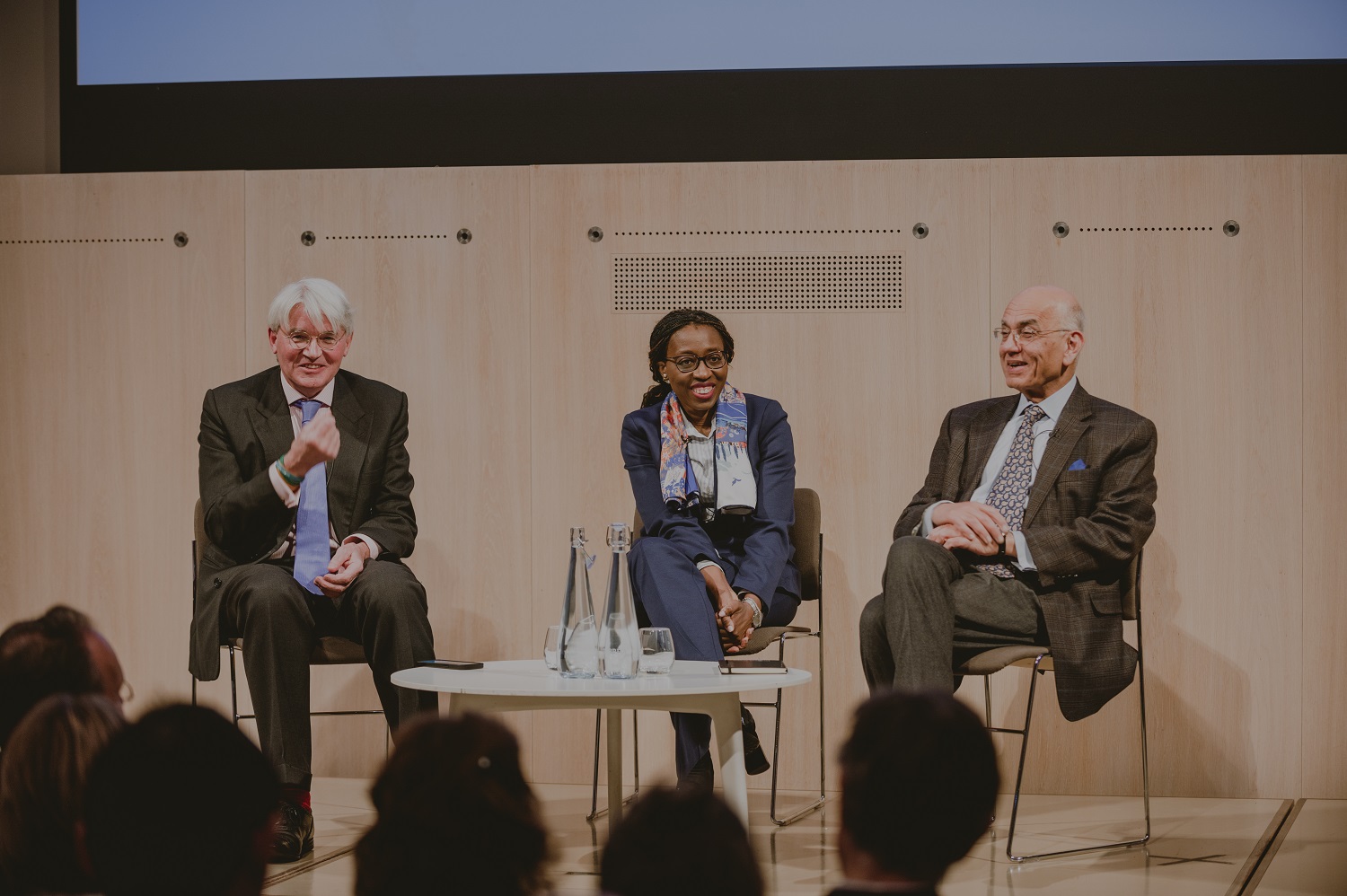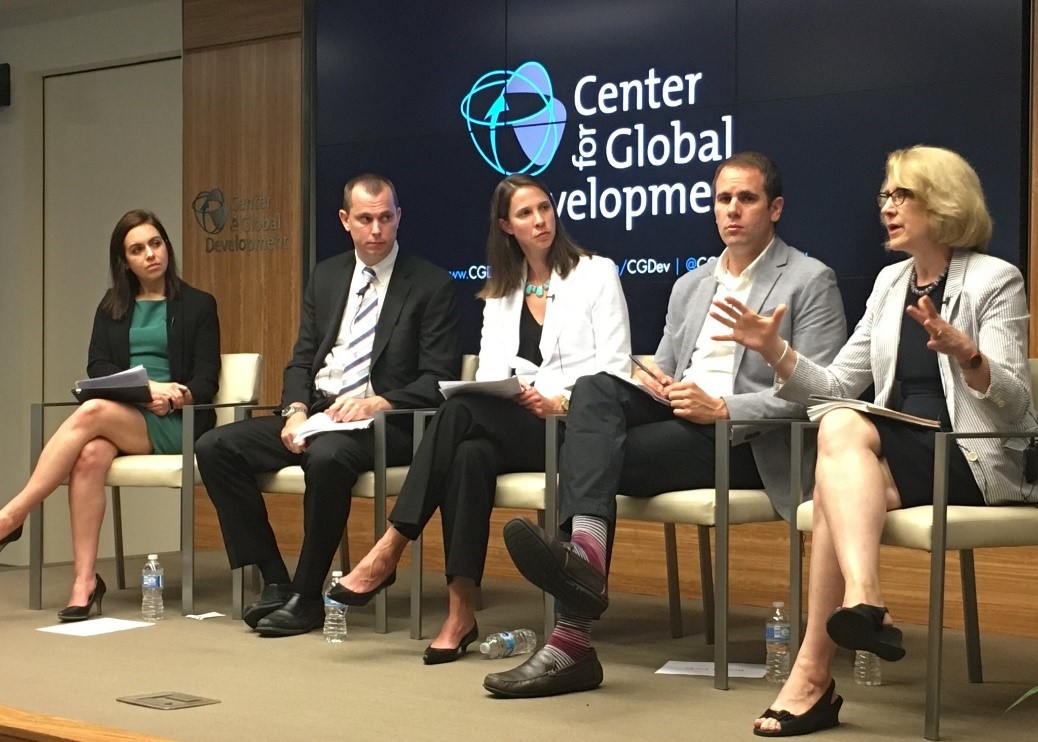Secretary of State John Kerry is currently in Islamabad for a Ministerial meeting of the US-Pakistan Strategic Dialogue, the second such meeting since the countries resumed the dialogue in 2013. Much of the (admittedly limited) coverage around this meeting has centered on the security conversation: how can the United States and Pakistan counter militant groups within Pakistan and along the Pakistani-Afghan border? Should the United States continue such high levels of military aid? While security issues will no doubt dominate much of the conversation, the Strategic Dialogue should also prioritize a frank discussion on the long-term development partnership, separate from short-term security and military talks.
This Ministerial marks the first meeting since the United States and Pakistan agreed to add Education as a sixth Working Group to the Strategic Dialogue. The other five Working Groups include: 1) Energy; 2) Economic Growth and Finance; 3) Law Enforcement and Counterterrorism; 4) Security, Strategic Stability, and Nonproliferation; and 5) the Defense Consultative Group. Half of the Strategic Dialogue’s Working Groups are focused on development issues, and the importance of this development relationship is borne out in US bilateral aid. In FY2013, USAID obligated $669 million to Pakistan, the fourth highest amount to any country, and Pakistan ranked second in direct government-to-government funding with over $274 million in aid that same year. (Though confusion does abound over potential FY2014 disbursements.)
The following commitments from the United States would go a long way in cementing a long-term development partnership with Pakistan as a part of the Strategic Dialogue process.
-
Prioritize the economic and development policy conversation. Here the United States and Pakistan should be given relatively high marks. While media attention has largely focused on the security dimension of the relationship, the bilateral development relationship has quietly expanded with three of the six working groups focused on development and economic issues. Concrete efforts like the upcoming US-Pakistan Economic Partnership Week in Islamabad and a $250 million commitment for humanitarian aid underpin these Working Groups’ discussions.
-
Continue the aid relationship despite the end of KLB. The Kerry-Lugar-Berman (KLB) legislation – with a promise of $1.5 billion annually over five years – officially ended in 2014, but less than $5 billion was actually obligated. This was not a bad thing as the United States chose to spend the money strategically and slowly due to constraints on the aid-delivery machine and acute implementation challenges. However, the United States should commit to a continuation of development assistance – a sort of “no-cost extension” – as a part of a robust development relationship beyond KLB.
-
Focus on what the United States can do best. The focus areas of the three development Working Groups – energy, economic growth, and education – provide a ready-made (and mutually agreed upon) priority list for US development assistance to Pakistan. The United States should ensure its development and policy resources are making real gains in these areas. US attention to specific Pakistani priorities like increasing primary school completion and growing energy supply through progress on the Diamer-Bhasha dam project would further solidify the long-term development relationship.
-
Focus on transparency. The United States has made tangible strides in publicly reporting where US aid goes and what it accomplishes. But it can and must do more. With the conclusion of KLB, expectations about the level and consistency of US aid to Pakistan are gone. The United States should use the Strategic Dialogue to make clear the intended scope of its development commitment over the next five years, adding much needed stability and assurance to the US-Pakistani development relationship.
CGD blog posts reflect the views of the authors, drawing on prior research and experience in their areas of expertise.
CGD is a nonpartisan, independent organization and does not take institutional positions.





